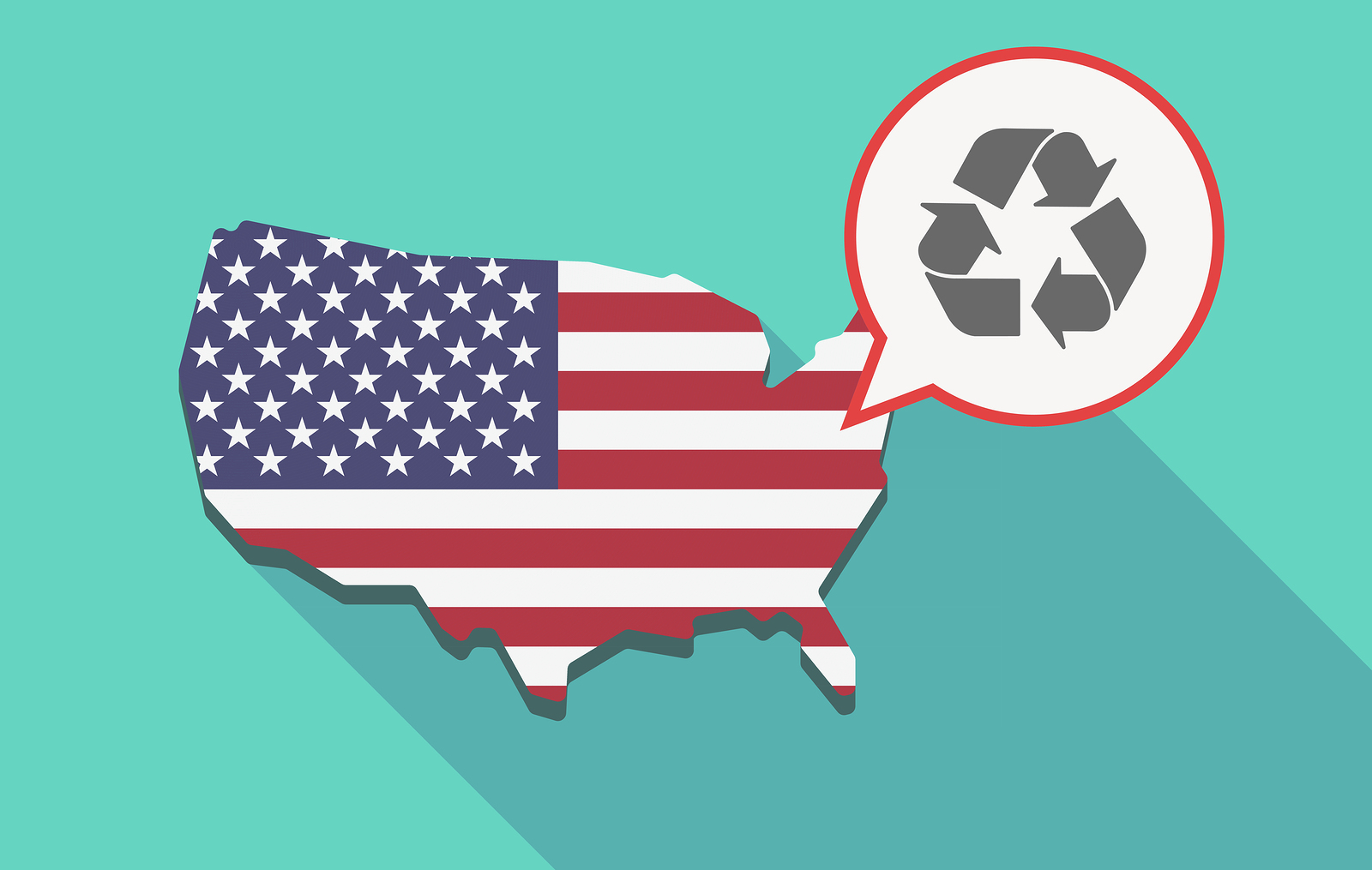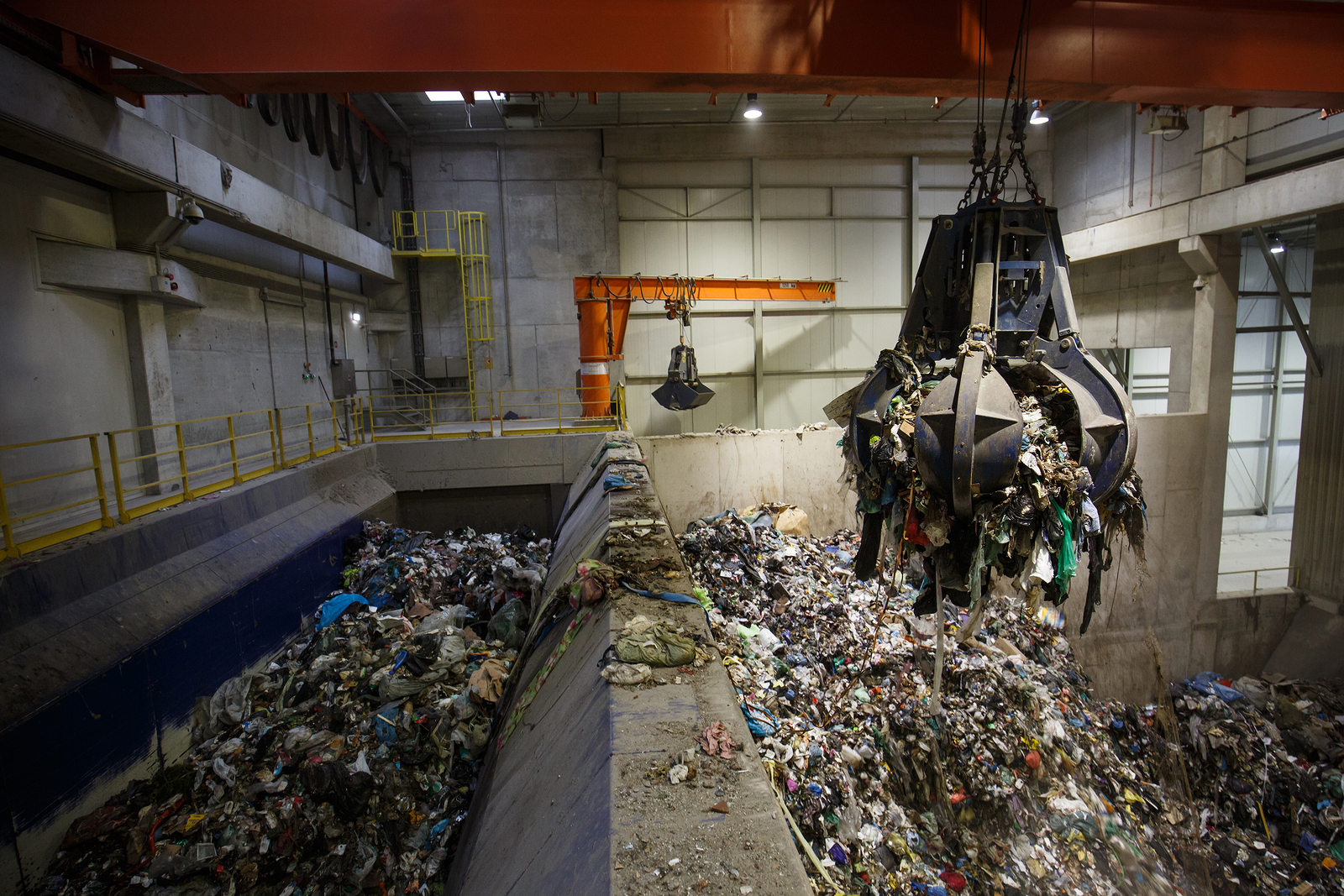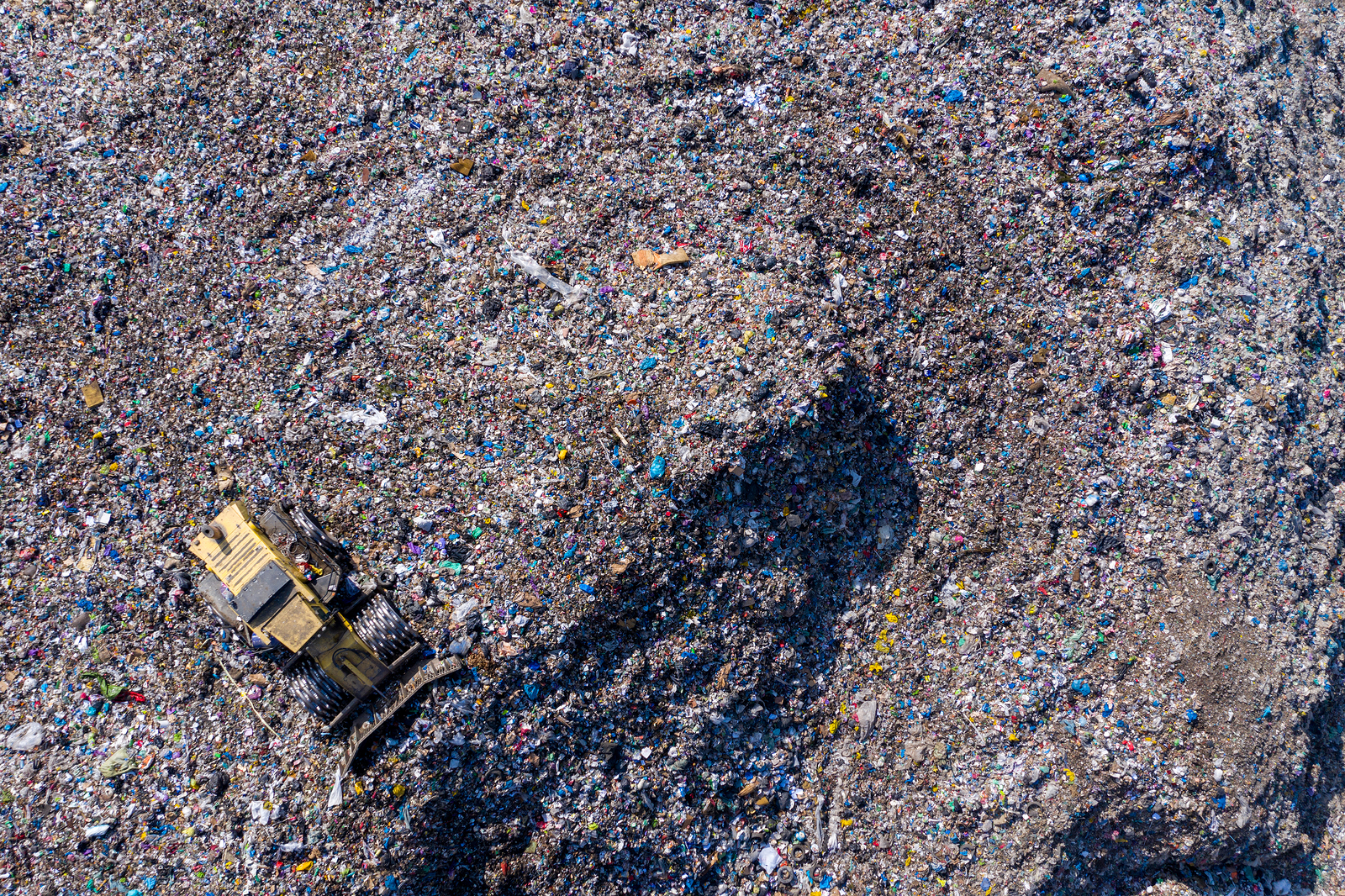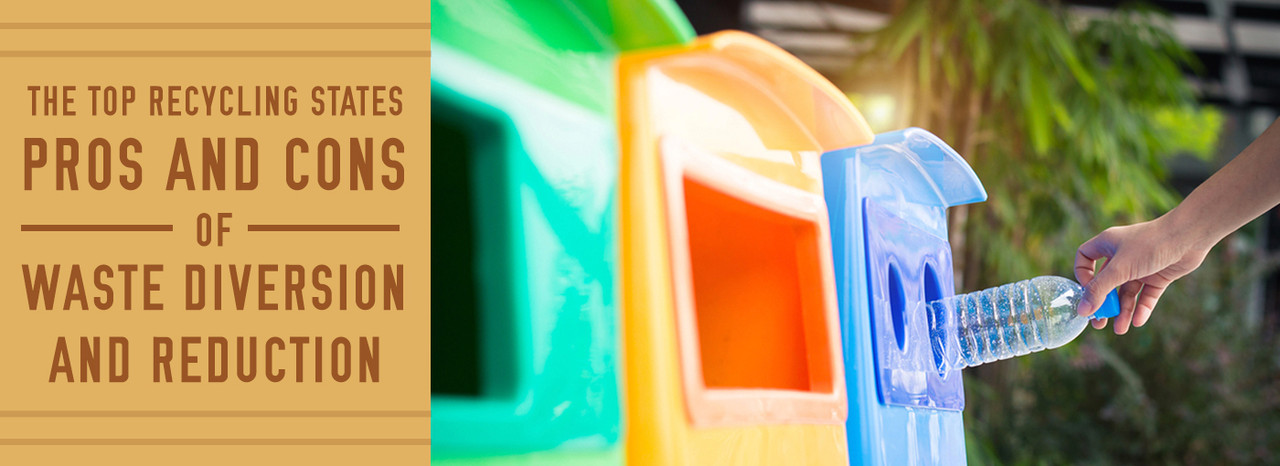As the health and safety of our environment becomes a larger and larger question, waste diversion, reduction, and recycling are complex topics that require more attention and scrutiny.
Which is the best method for improving the overall health of the planet and making our waste systems more efficient? This article will walk through some of the pros and cons of differing types of waste management programs, as well as talking about the top five greenest states, and the types of programs they’ve implemented to create successful waste programs.
The Top 5
WalletHub created a comprehensive analysis of the “greenest” states in the US. Their methodology included 27 different metrics that were designed to evaluate environmental quality, eco-friendly behaviors and climate-change contributions. The interesting thing about their methodology is that they didn’t just give a state points if it had a recycling program or
recycling regulations, they also evaluated for total waste, LEED certified buildings, and gasoline and energy consumption. We’re leading with the top five because this list illustrates the holistic efforts that are necessary for an eco-friendly waste program. It’s more than just recycling, though there are recycling statistics from 2018. Here are the most environmentally friendly cities in the US:
- Vermont
- New York
- Oregon
- Connecticut
- Minnesota
In important note on the metrics as well is that this particular analysis weighs more heavily air quality, waste reduction, energy efficiency, and water and soil quality. While climate change factors were considered, the rankings are directly related to human health and livability in an immediate area. Shorthand for this list might be the least polluted states or the cleanest states in the US.
Waste reduction programs
So, what is a waste reduction program? For many people, a waste reduction program is the be-all-end-all solution to waste problems. Industry and consumers both create waste, and waste causes a number of problems--it causes health problems, clutters up the environment, and reduces the efficiency and functioning of a well-ordered system.
Waste reduction programs seek to reduce the overall waste of a given system by making processes that generate waste more efficient, or by utilizing that waste for other processes. The most cost-effective way to deal with waste is to not have any waste at all, which is the goal of many zero-waste and waste reduction programs.
Pros
- Efficient production - Waste reduction programs reduce the overall inefficiency of a system. The less waste you produce, the less drain it has on production practices (like cleanup and disposal)
- Economic return - Many waste reduction programs tend to provide economic benefits to the organization that implements them (after an initial investment)
- Public image - Waste reduction demonstrates that a company cares about the environment, and that they are placing environmental responsibility front and center.
Cons
- Upfront costs - Revising production and manufacturing processes often requires time and money investment upfront. Change can be costly, but the returns are often much greater.
Overall, waste reduction plans and programs are great investments after the initial cost.
Waste diversion programs
Waste diversion is a specific type of program that generally refers to keeping waste from entering landfills. While a waste diversion program can often be a part of a waste reduction program, we’re comparing them here, because a waste diversion program can often be a powerful and separate part of a waste management system.
Waste and landfill diversion programs often feature an emphasis on overall waste reduction, the thermal and biological treatment of waste (incinerators and/or composting), selling waste, returning it to the producer of the waste, or waste to energy processes.
Pros
- Reduction of landfill waste - landfills are costly to maintain, and can often pose serious environmental risks if not properly managed, or if they grow at an unsustainable rate.
- Increased profits - Diverting waste by returning to a reseller or keeping it from a landfill results in fewer fees and less overall footprint.
- Energy production - Many diversion programs turn waste into energy, which is a highly effective and useful recycling strategy. Check out our article on this, describing how to generate energy from waste.
Cons
- Negative environmental effects - Not all landfill diversion programs suffer from this, but incineration in particular can often result in air pollution, which is often passing the buck.
- Passing the buck - Many diversion programs are often focused on purely diverting the waste to another location, rather than attempting to address the root cause--too much waste production.
Overall, however, a landfill diversion program can create opportunities for both producers of waste and landfill managers. There’s an opportunity to discover new methods for waste treatment, recycling, and reuse, with the overall goal of reducing the total amount of waste that we collectively have to deal with.
What you can do
The conversation surrounding waste diversion and reduction is a huge topic, requiring enormous institutional shifts and buy-in from a multitude of stakeholders.
But what can you do on a personal level? We’re glad you asked.
Recycling and reducing your own personal waste and carbon footprint is an excellent step forward for a healthier and more sustainable planet, and you can get there by organizing and making visible the waste that you personally generate. Whether you’re looking for Twin Cities recycling or NYC recycling, we’ll get your recycling bins where they need to go. Trashcans Unlimited sells a wide variety of garbage and recycling receptacles, and we can get your household or organization started with waste management. Get in touch with one of our friendly experts, or browse our product selection. Happy recycling!

